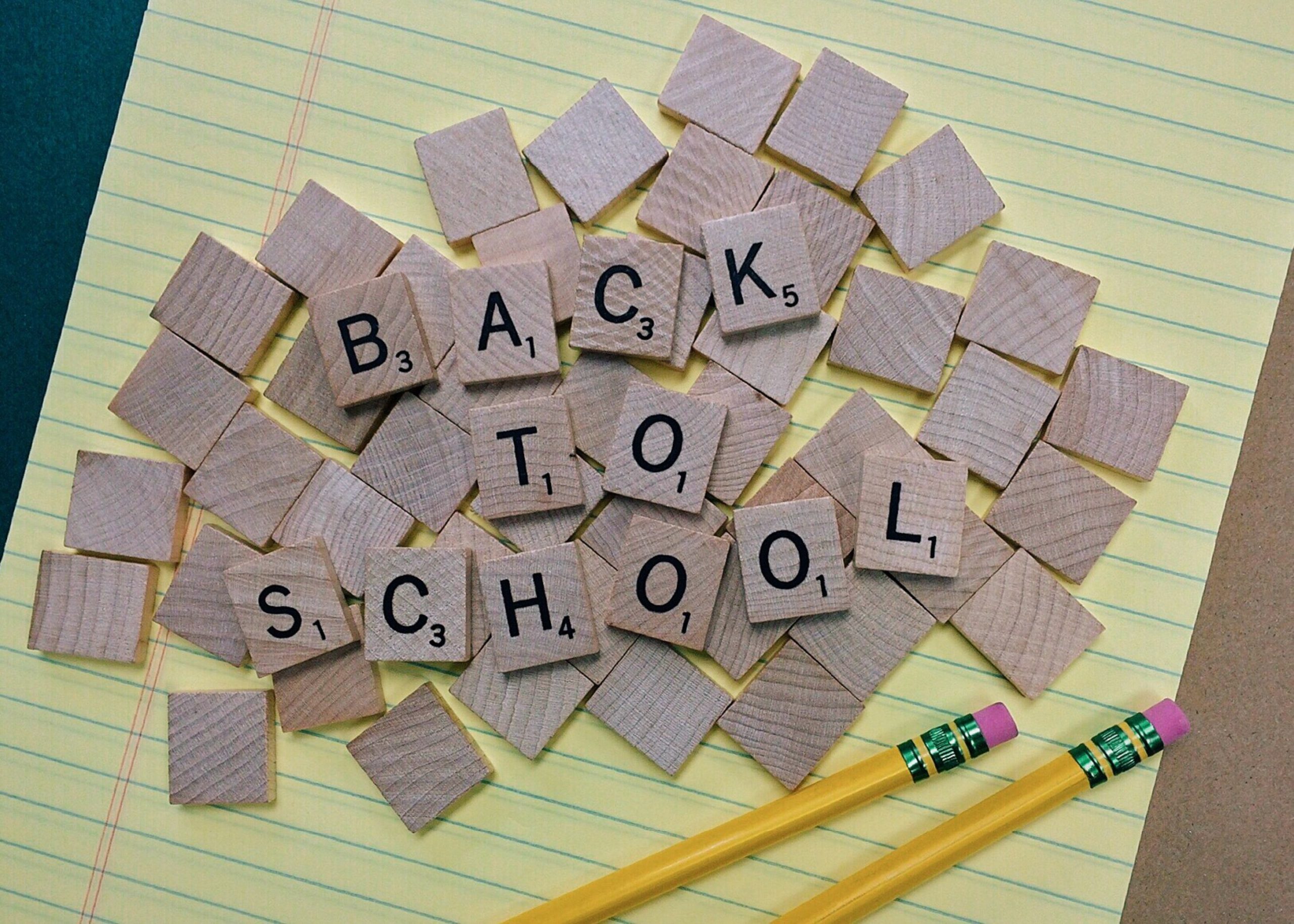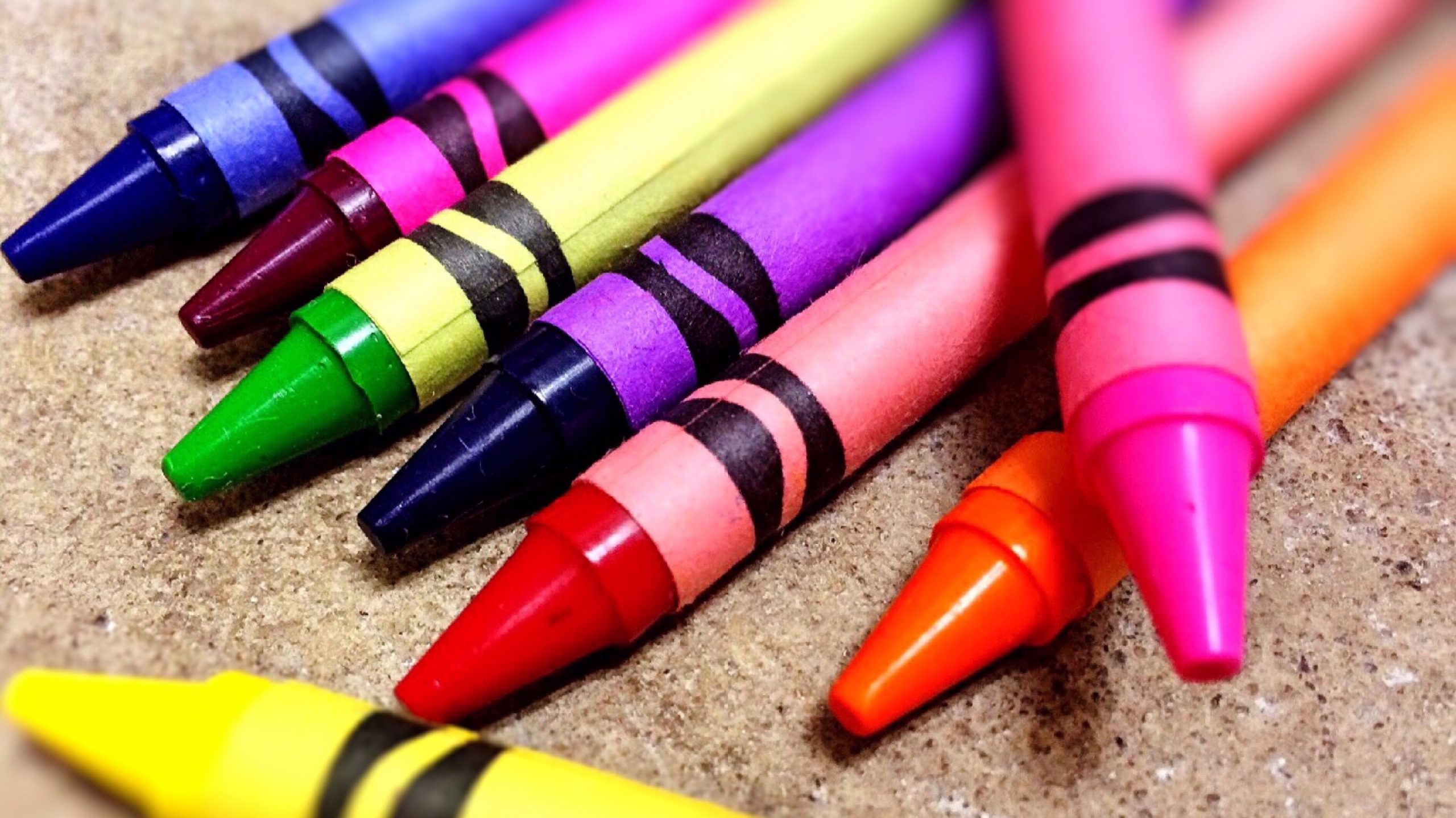
Dear Eartha, The school year is about to start, and I am wondering, how I can get my children ready for the school year while keeping sustainability in mind?
With a new school year approaching, parents are faced with the reality that going back to school requires stuff – school supplies, backpacks, and clothes – but it doesn’t always have to require big spending or wastefulness. Although we might be tempted by all the sales going on at this time of year, it is important to think about the way we consume and the way we set examples for our kids. Greening our back-to-school experience is a great way to start the school year and it is an easy way to make progress towards a sustainable lifestyle.

According to the National Retail Federation, families spend an average of $669 per child each year on school supplies. Think of all the families walking out of the big office department stores, carrying loads of plastic bags filled with plastic and vinyl folders, binders, pens, and notebooks, predetermined to become waste and pollute the environment. Of course, schooling requires supplies, but far too often we turn to single-use, disposable items to do the trick. Many people are unaware of how much non-recyclable waste their annual school purchases create, and that there are better, more eco-friendly choices available. A great way to remember to be sustainable while getting ready for back to school is to think about the 4 R’s of an eco-friendly lifestyle: refuse, reduce, reuse, and recycle.
Refuse
Refuse to buy products that are wasteful and harmful. Many back-to-school supplies such as lunch boxes, backpacks, and binders are made of vinyl plastics and have chemical additives which are harmful to growing children’s health. These products are very difficult to recycle, and the chemicals are not doing our landfill workers any favors. Instead, avoid shiny plastic products and opt for items that are PVC and BPA free, durable, reusable, recyclable, and have the highest percentage of post-consumer recycled content. Our purchasing power and commitment to eco-friendly purchases is an opportunity to invest in companies that are doing the right thing while investing in the best possible health for our families and the environment.
Reduce
Reduce excess purchases and waste by only purchasing supplies you know that your child will use. Buying only what you absolutely need will reduce wastefulness, and it will also save you money. Think about the entire life cycle of the products, and try to purchase items that can be recycled, refilled, and can last for many years to come. Avoid last-minute impulse purchases by making a list and sticking to it when shopping.
Reuse
Although it might feel good to start the school year with all brand-new supplies, it can be extremely wasteful and expensive. Before doing your back-to-school shopping, take careful inventory of what you already have that can be used again. Many items from previous years can be made new again with a quick cleaning, sharpening, or a bit of creativity like using fun patches for old backpacks. Replace any single-use items with durable, reusable ones. This includes PVC-free water bottles, lunch boxes, utensils, and food containers. Reusing will save you money, and time, and will also have a positive impact on the environment.
Recycle

When possible, purchase school supplies that can be recycled or have a percentage of post-consumer recycled content. Although many required school supplies are not easily recycled, consider starting or joining a school green team to rally like-minded students, teachers and parents. Together, you can collect makers for recycling through Crayola’s ColorCycle program, create an upcycled art project with old materials, or even create a TerraCycle fundraising program that raises money for your school while reducing waste!
You, and your children, can also take your recycling efforts into the lunchroom. High Country Conservation Center helps local schools recycle their food scraps, which are turned into a valuable soil amendment right here in Summit County. To learn more about Composting in Schools or to sign up as a parent volunteer, email info@highcountryconservation.org.
Your efforts today encourage a lifelong commitment to our planet. I hope you will apply these lessons to other parts of your life and extend your back-to-school habits into the entire year! All my best wishes for a happy, healthy, and sustainable back-to-school.
